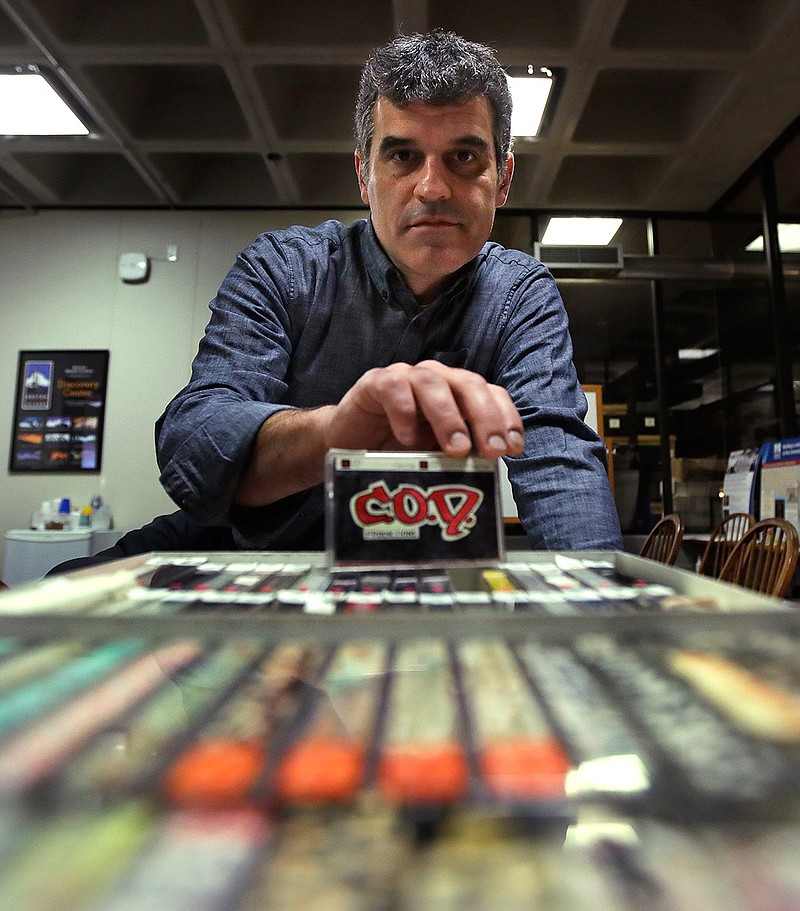BOSTON-The forgotten music of Boston's early hip-hop and rap scene is being revived by two unlikely heroes: a local college and the public library.
Researchers at the University of Massachusetts Boston have been working with the Boston Public Library to compile an online archive of demo tapes by the city's top hip-hop and rap artists of the 1980s. Opening to the public on Saturday, the Massachusetts Hip-Hop Archive was created in part to reclaim the city's role in the genres' history.
"It's been an untold story," said Pacey Foster, a rap historian and professor at UMass. "Boston is not a city that has had its rightful place in the early stories of hip-hop history."
The archive aims to connect new audiences to early rap artists such as the Almighty RSO, Guru, and others who have faded from memory even in Boston.
But the project is also intended to spark academic interest in the city's rap and hip-hop roots. Like a growing number of U.S. colleges, UMass is encouraging students to approach hip-hop as a scholarly subject. Several students have already started research tied to the archive, and the university launched a new course on hip-hop in 2014.
It joins dozens of other schools nationwide that have added classes on hip-hop in recent years, analyzing its value to fields from sociology to women's studies.
At Bowie State University, a historically black college in Maryland, students can earn a minor in hip-hop studies. The University of Arizona says it offered the nation's first hip-hop minor in 2012. A year later, the rapper Nasir Jones-known as Nas-established a fellowship at Harvard University for scholars of hip-hop.
"There are so many dimensions to the culture," said Murray Forman, a media studies professor at Northeastern University. "It's really rich for analysis in all kinds of contexts."

